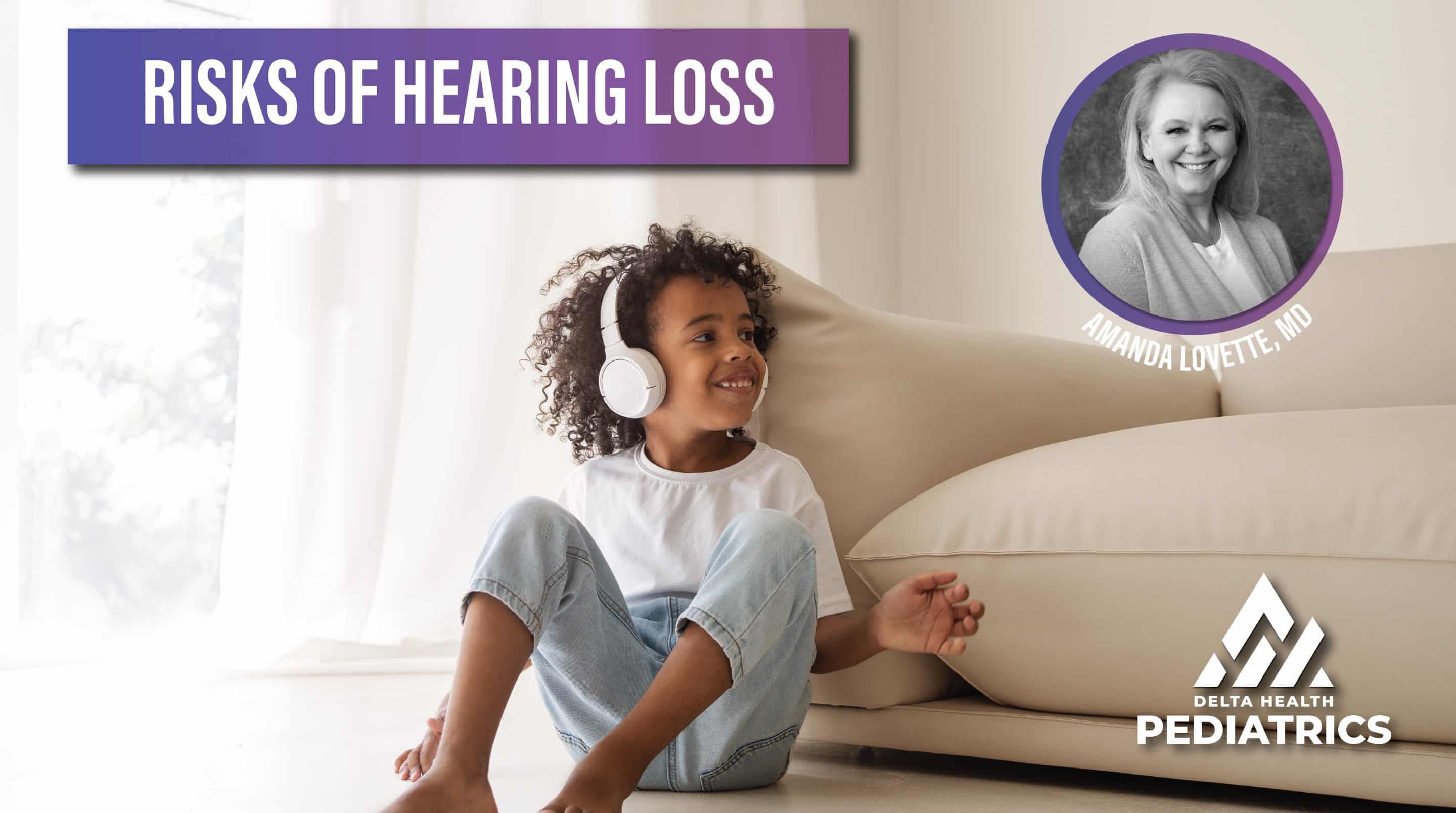The British Medical Journal just released that an estimated 670 million to 1.35 billion young people could be at risk of hearing loss based on their listening practices. This means headphones, loud concerts, mobile phones, MP3 players, or other devices that children often use may put them at risk.
The study aimed to determine the prevalence of unsafe listening practices from personal listening devices and loud entertainment venues for people aged 12-34 years old. They were specifically looking at the number of young people who could be at risk for hearing loss. Adolescents and young adults are particularly at risk.
The study suggests that recurrent use, or even a single use of a listening device above recommended decibels or time limits, could physically damage the auditory system, and damage from these unsafe listening practices could compound over years. The study also noted that earlier exposure to excess noise could place a person at increased risk of age-related hearing loss.
Recommendations to limit decibel exposure and time limits
Currently, it is recommended that noise limits are at no more than 85 decibels in a 40-hour week. But young people can experience noise levels as high as 105 decibels on a routine basis, and concerts are measured routinely at 104-112 decibels. A sure sign of excessive noise exposure that has caused hearing damage is ringing in your ears. The risk of hearing loss depends on how loud and how often the noise one is listening to exceeds recommended limits.
Risks and effects of hearing loss
Hearing loss can have many and varied negative effects. The economic impact is significant. Children with hearing loss also will suffer academic difficulties and reduced motivation and concentration. People with hearing loss are at risk of a decline in mental health, lower income, depression, cognitive impairment and even heart disease, according to the CDC.
Tips to protect your family’s hearing:
- Take a break from loud music and sound if possible.
- Use hearing protection when in environments with loud noise.
- Put distance between yourself and the loud noise if possible.
- Keep devices at a safe volume. Check your child’s device frequently to make sure it is at a safe noise level. Utilize the function that is available on some mobile devices that monitors the noise level of a room as well.
If you have questions about your child’s health, contact Delta Health Pediatrics at 970.546.4000 or visit deltahealthco.org/delta-health-pediatrics/.


